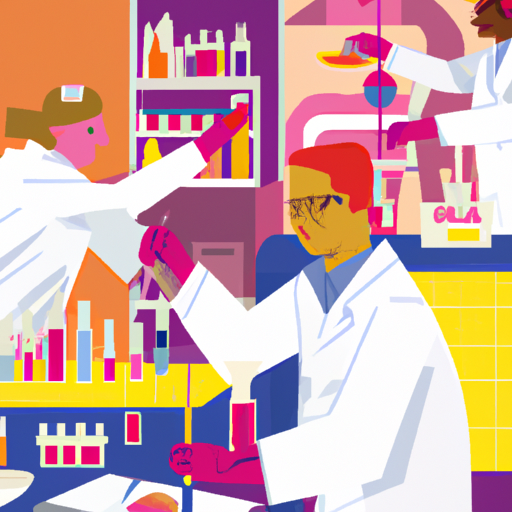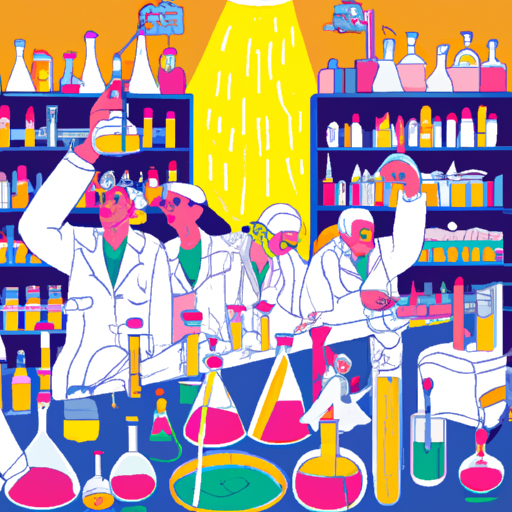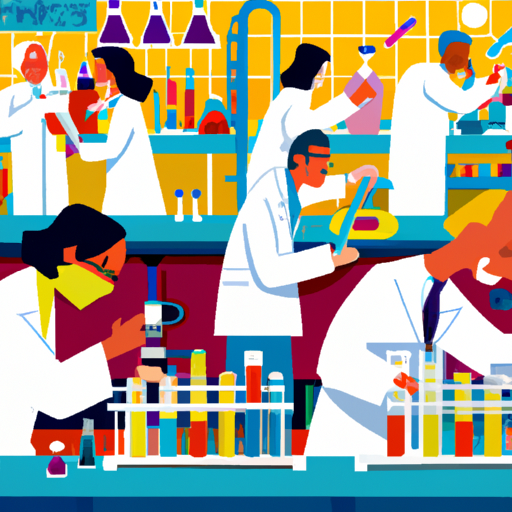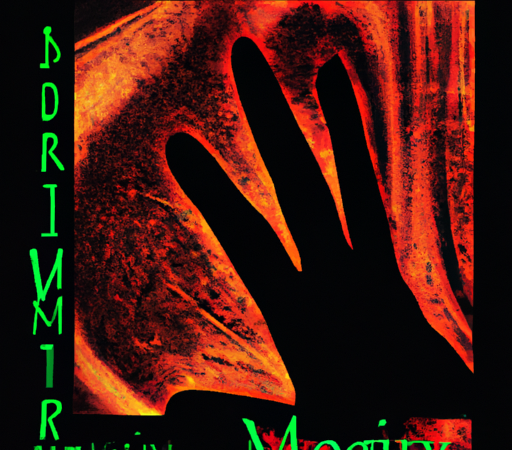The Discovery of Penicillin: Revolutionizing Medicine and Saving Lives

The Discovery of Penicillin: Revolutionizing Medicine and Saving Lives
In the history of medicine, few discoveries have had such a profound impact as the discovery of penicillin. This groundbreaking antibiotic revolutionized medicine, transforming the treatment of bacterial infections and saving countless lives in the process. The story of penicillin's discovery is both fascinating and a testament to the importance of perseverance, observation, and the power of accidental discoveries.
The journey that led to the discovery of penicillin began in 1928, when a Scottish scientist named Alexander Fleming made a startling observation while working at St. Mary's Hospital in London. Fleming was studying staphylococci bacteria, and one day, he noticed that a mold had contaminated one of his petri dishes. To his surprise, he noticed that the bacteria near the mold seemed to be dying off.

Intrigued by this phenomenon, Fleming carefully studied this mold, which was later identified as a strain of the Penicillium fungus. He discovered that the mold was secreting a substance that had remarkable antibacterial properties. This substance, which he named penicillin, proved to be highly effective against a wide range of bacteria, including those responsible for infections like pneumonia, strep throat, and meningitis.
However, despite the potential of penicillin, its impact was limited initially due to the difficulty of extracting it in sufficient quantities. Fleming's work laid the foundation for further research, but it was not until a decade later that a team of scientists led by Howard Florey and Ernst Chain at Oxford University successfully purified and produced penicillin in a form that could be used to treat infections.
With World War II underway, the need for effective treatments for infections was urgent. The discovery of penicillin came at a crucial time, particularly for soldiers wounded on the battlefield, where infection was a common cause of death. Penicillin's ability to target harmful bacteria without harming human cells made it a revolutionary tool in the fight against infection.

The impact of penicillin on medical practice was immediate and profound. Prior to its discovery, there were limited treatment options available for bacterial infections, and many infections were often fatal. Penicillin changed this, leading to an era of antibiotics that transformed modern medicine. It provided a lifeline for patients suffering from otherwise deadly bacterial infections, saving lives that would have been lost without this miraculous drug.
Beyond its immediate impact on medical practice, the discovery of penicillin also spurred further research in antibiotic development. Pharmaceutical companies began investing in research to develop new antibiotics, leading to the development of various classes of antibiotics that are widely used today. Penicillin paved the way for the development of other antibiotics, such as streptomycin, tetracycline, and erythromycin, expanding the range of infections that could be effectively treated.
However, while penicillin has undoubtedly revolutionized medicine, its overuse and misuse have also led to the emergence of antibiotic-resistant bacteria. This has become a major global health crisis, jeopardizing the effectiveness of antibiotics we rely on to treat infections. Therefore, the responsible use of antibiotics and the development of new strategies to combat antibiotic resistance remain critical challenges in modern medicine.
The discovery of penicillin was a transformative event in the history of medicine. It marked the beginning of the antibiotic era, allowing for the effective treatment of bacterial infections that were once considered death sentences. The perseverance and keen observation skills of Alexander Fleming, coupled with the subsequent work of Florey, Chain, and many others, laid the foundation for a range of life-saving antibiotics that have shaped medical practice for decades. As we face the challenges of antibiotic resistance, it is essential to remember the remarkable impact that penicillin has had on saving lives and to ensure its legacy endures through responsible and judicious use.






